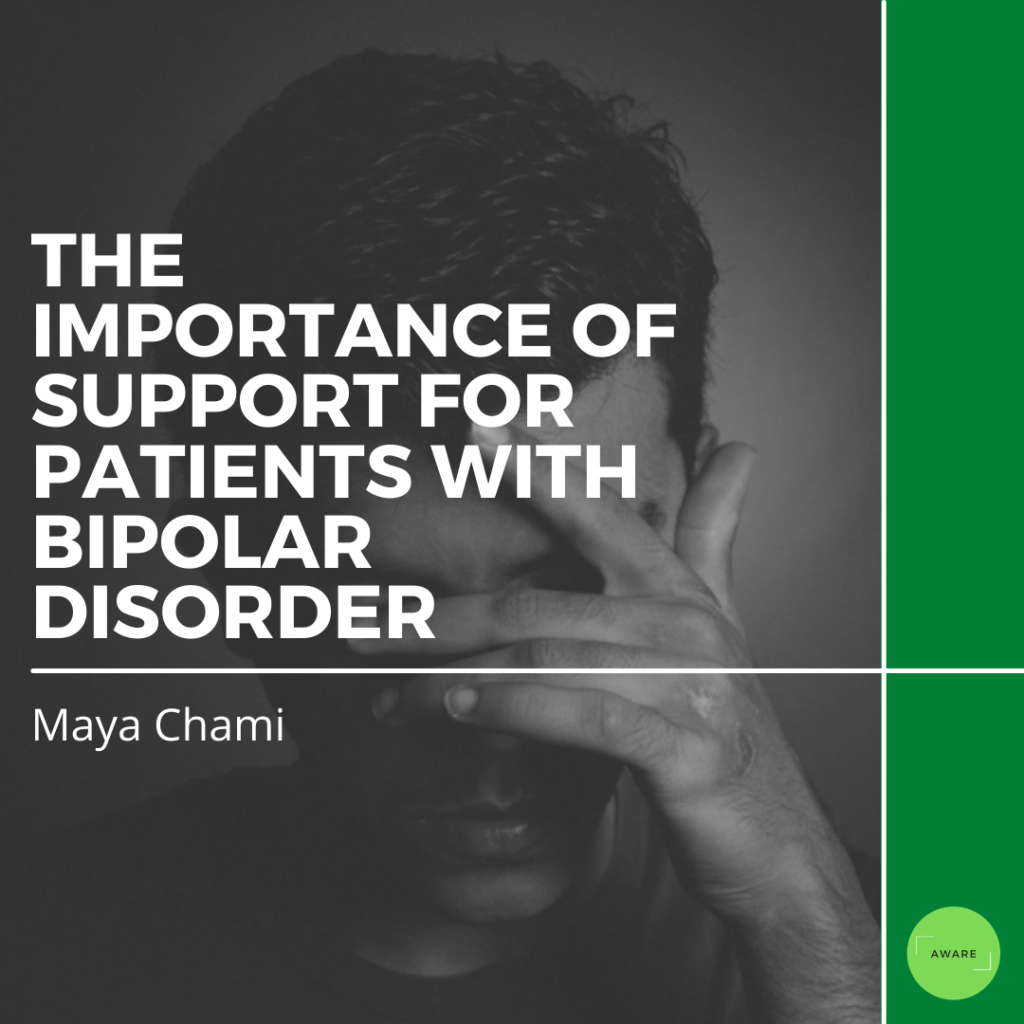Trigger warning: this article discusses a mental disorder.
Living with a mental illness is not something that is easy for anyone to go through, and this makes a support system an essential pillar to help individuals with bipolar disorder live with their mental illness in an easier manner. Knowing you are not alone when the going gets tough can actually prove to be beneficial to our lives. One of the first steps to knowing how you can support your friend or loved one living with bipolar disorder is to learn more about it.
Bipolar Disorder Defined
As a start, bipolar disorder is a mood disorder that impacts various areas of the life of an individual – be it social or professional. It is a mental illness where emotions can go to extremes in an unprecedented manner and abruptly. One can go from being happy and energetic to extremely sad, tired, and in a depressed state in a very short time. These episodic mood swings include “emotional highs and lows”.
There are different classifications of Bipolar Disorder that include Bipolar I Disorder, Bipolar II Disorder, and Cyclothymic Disorder –
- Bipolar I Disorder: In this classification, an individual has had at least one manic episode (this is when intense emotions of euphoria, energy, and intensity arise), after which hypomanic episodes (less extreme than manic episodes) and/or depressive episodes build up in an individual. The manic episode does not always have to begin first. These three episodes could happen at any time.
- Bipolar II Disorder: In this classification, only hypomanic or depressive episodes are what an individual experiences – at the very least one.
- Cyclothymic Disorder: In this classification, an individual has had at least two years of hypomanic or depressive episodes.
How do we support individuals with bipolar disorder?
It is not enough to learn more about what bipolar disorder entails. You need to be prepared for the episodes that come with the illness. You need to be prepared to place your all in helping an individual who needs you and not call it quits when the going gets tough. You need to understand what it means when an individual has a manic episode, what to expect when they are in that phase, and how to help them through it all. A few points to take into consideration are as follows –
- Be open to talking about bipolar disorder: An individual with the illness is more likely to appreciate and feel support when their family member or friend is very open and understanding about the disorder. This showcases that you are well-researched about the disorder and are there for them whenever they want to talk.
- Make a plan regarding a potential manic/hypomanic episodes: When your friend/family member is feeling neutral (they have not had episodes and appear to be mentally present), try talking to them and making a plan for what to do during an episode. This could increase your control of the situation and be very beneficial. Maybe you could offer to help them in potential projects/jobs they have so as for them to not be overwhelmed. Incorporate a schedule to keep the routine going during their episodes.
- Be open to discussion regarding behavior that is problematic: During an episode, when an individual is going through unusual things – like hearing something or seeing something that you may not hear or see – be understanding, calm, and do not act in a way as to make them feel invalidated. If an individual acts out, even when you feel embarrassed or annoyed with their actions, it is preferable to discuss it with them after their manic episode and not during. Most importantly, be understanding of what the individual is going through.
- Avoid assuming someone is having an episode when they are not: This may backfire and be problematic because you would be making your friend/family member feel as though they are observed and that any extra emotion they have showed is probably a result of a potential episode that may break when this is not always the case.
- Take care of yourself: It is important to take care of yourself through this all.
